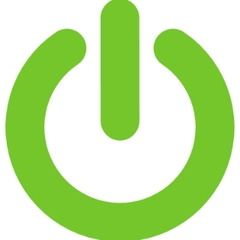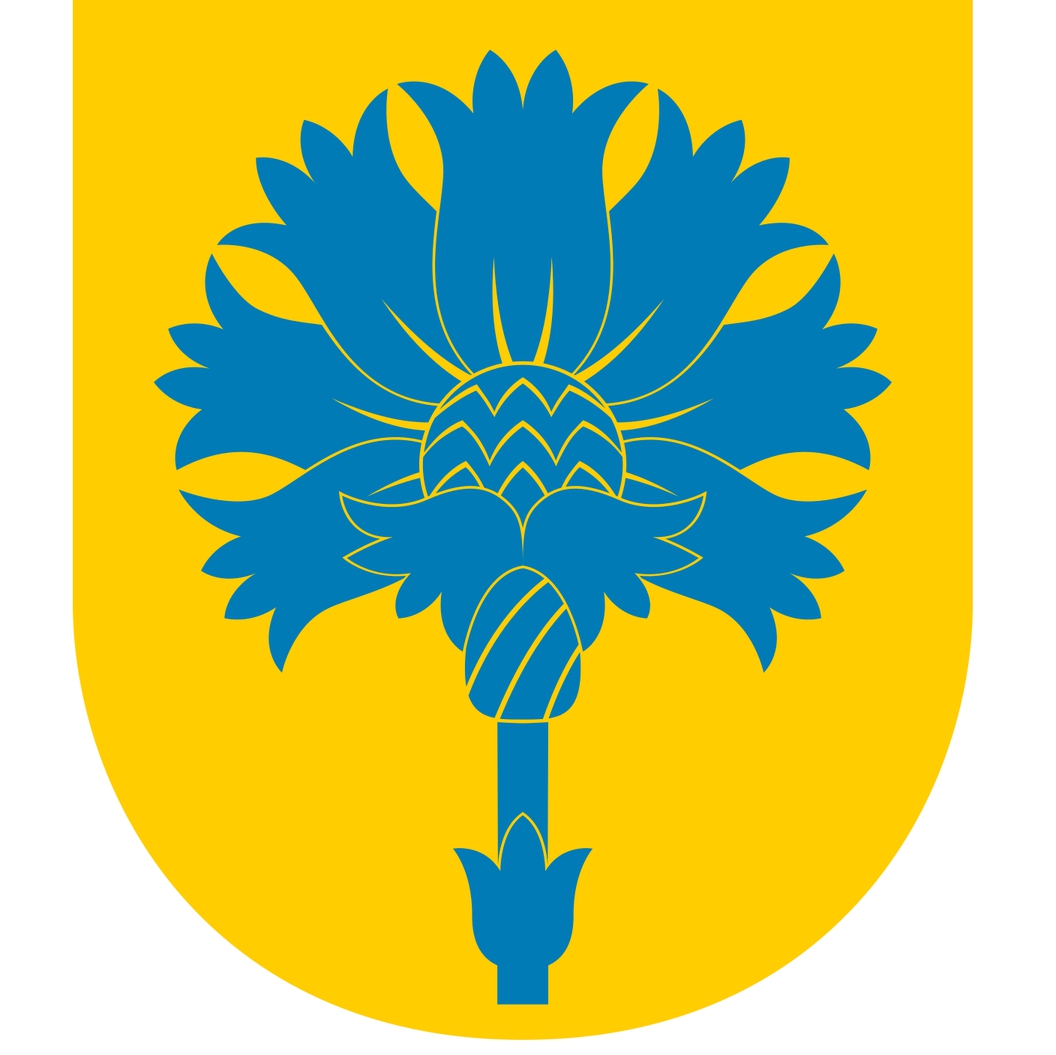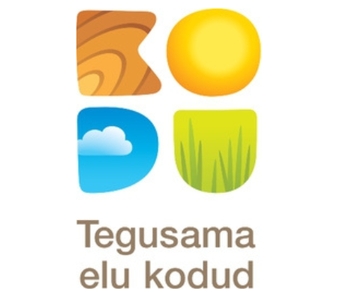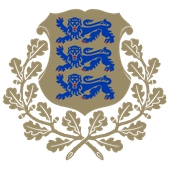UTILITAS EESTI AS
Activity history
Company management, team and contacts
UTILITAS EESTI AS current status
This company's branding has already reached 8,088 peopleand his is followed by 182 Storybook users.On average, the company has been rated 4.8 points.and commented 3 times.
's activity report 2022
AS Utilitas Eesti (hereinafter UEE) is part of the Utilitas energy group and is a 100% subsidiary of the holding company OÜ Utilitas. UEE provides district heating services in six cities across Estonia - Haapsalu, Jõgeva, Keila, Kärdla, Rapla and Valga, to a total of approximately 820 buildings, including about 14,500 households. The company manages nearly 80 kilometers of district heating network, of which 79.8% are fully renovated/pre-insulated or new pipelines (in 2021, 78.4 km and 79.0%). To provide the service, UEE operates 12 boiler houses, eight of which produced heat for district heating networks and four were local boiler houses. In addition, UEE operates six solar parks in four cities (i.e., Jõgeva, Rapla, Keila, Valga).
District heating is an efficient and environmentally friendly energy solution, which is the best way to supply heat energy to densely populated areas. District heating is produced in central production equipment, which allows the use of the best possible technology, low-value fuels and waste heat in production, and the application of the advantages of cogeneration, thereby reducing the negative impact on the environment.
All UEE district heating systems are recognized with the "Efficient District Heating" label. The label is awarded to a district heating system in which, according to the European Union Energy Efficiency Directive 2012/27/EU, at least 50% renewable energy or 50% waste heat or 75% cogeneration heat or 50% such energy and heat combination is used for heat production. UEE's district heating system uses local renewable fuel, i.e., wood chips produced from forest and wood industry residues, as a base load.
With the European Union's decision on the distribution of efforts to reduce emissions, binding emission reduction targets were set for Member States for the period 2021-2030, bringing the European Union closer to fulfilling its obligation under the Paris Agreement to reduce greenhouse gas emissions by at least 40% by 2030 compared to 1990 levels. However, in July 2021, the European Commission presented the "Target 55" package, under which the European Union will review its climate, energy and transport regulations with the aim of becoming carbon neutral by 2050, while also committing to reduce greenhouse gas emissions by 55% by 2030. The key elements of the climate package are clearly overlapping
with the carbon neutrality plan "From Little to Zero" created by the Utilitas Group in 2021, which aims to reduce emissions to zero through investments, produce only renewable energy and develop new renewable energy capacities.
As a member of the European Union, Estonia participates in achieving common goals and implementing a common energy policy. Estonia's long-term vision for climate policy was agreed at the national level in 2017 in the long-term strategy document "Principles of Climate Policy until 2050". The principles of climate policy agreed to promote the gradual wider use of domestic renewable energy sources in all sectors of final consumption, taking into account the growth of societal well-being and the need to ensure energy security and supply reliability. The aim is to promote the widespread use of domestic bio and other renewable energy resources in both electricity and heat production and as transport fuels, as well as the development of renewable energy production technologies and the knowledge-based, efficient and sustainable valorization of biomass. Estonia's long-term goal is to achieve climate neutrality by 2050.
In May 2022, the European Commission presented the "REPowerEU" plan, which aims to provide solutions to the emerging energy crisis, including
strengthening the EU's strategic autonomy in the energy sector, supporting the transition to clean energy and strengthening cross-border cooperation to achieve a more resilient energy system. The objectives of "REPowerEU" include energy savings, diversification of energy sources and faster adoption of renewable energy sources. The "REPowerEU" plan accelerates the green transition and stimulates extensive investment in renewable energy. Renewable energy is the cheapest and cleanest energy that can be produced locally and helps reduce the need for energy imports. Faster and more extensive use of renewable energy in electricity production, industry, buildings and transport increases energy independence more quickly and boosts the green transition. Among other things, the Commission proposed in the "REPowerEU" plan to increase the binding energy efficiency target of the European Green Deal package "Target 55" from 9% to 13% and to increase the 2030 renewable energy target from 40% to 45%.
Estonia's renewable energy target is set in the Energy Economy Organization Act. In October 2022, an amendment to the Energy Economy Organization Act came into force, setting a new target for the importance of renewable electricity for 2030.
According to the new target set in this, by 2030 renewable energy will make up at least 65% of the total final energy consumption in the country instead of the previous 42%, renewable energy will make up at least 100% of the total final electricity consumption instead of the previous 40% and at least 63% of the total final heat consumption.
In the challenging operating environment of 2022, with high raw material and energy prices and difficult raw material availability, UEE's focus was primarily on ensuring continuity and supply reliability.
The price of wood chips broke all previous price records in 2022, increasing nearly threefold. The unprecedentedly high price of wood chips and logging residues was due to the increased demand for wood chips used for heat and electricity production and the shortage of energy wood. Already in 2021, all market participants were hit by an unexpected rise in energy carrier prices and for the first time the European
Union expressed concern about Europe's high dependence on imported fuels. The full-scale war initiated by Russia in Ukraine on February 24, 2022, also sent natural gas and liquid fuel prices soaring. The sudden rise in natural gas prices due to a shortage of natural gas did not leave UEE customers unaffected, but considering the share of domestic renewable energy in production, the price of district heating for consumers was still cheaper than for other energy carrier-based heating solutions. This in turn confirms the need to switch to domestic renewable energy sources at an accelerated pace and to implement Utilitas
UTILITAS EESTI AS contacts
The company's largest partners
Add a new partner
Dropdown
File a complaint
Choose the comment attribute that you think it contains:
You want to report an inappropriate comment.
Are you sure?
Are you sure you want to delete this article?











